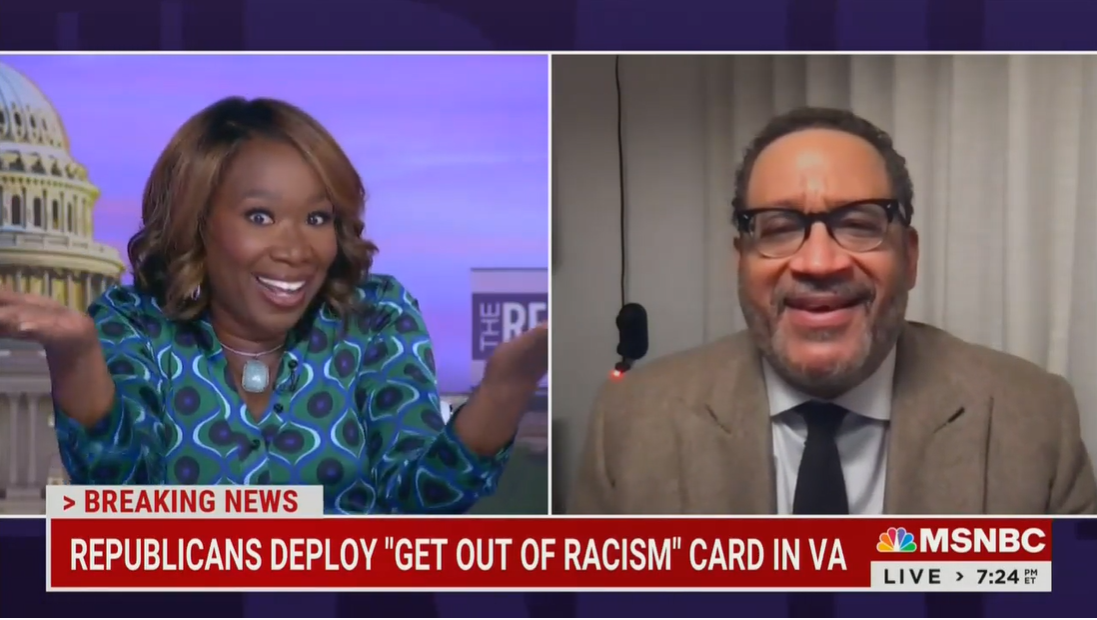Evangelical Leaders: Joy Reid Committed ‘Slander’ Against Christians
Joy Reid
said that evangelical Christianity is “all about personal morality, which, in your view, sort of crowded out having to care about other people.” Reid
asked if evangelical Christians teach “a religious construct that says all that matters is, if I sin, I personally seek salvation, and it’s just about that — and I don’t have to really worry about my fellow man, the poor, the immigrant?”
“Yes,” replied Jones. “I describe it as a kind of holding a light too close to your face, where the background just recedes from being visible.” He said the evangelical Christian’s “hyperfocus on personal morality, personal sin … really does occlude any sense of social justice.”
Reflecting on his childhood in the South, Jones said that evangelical Christianity allegedly excludes social concerns “by design — and that’s the important thing to say here. It was no accident, right? They all just constructed … a worldview that can be simultaneously so concerned with personal sin and so indifferent to, and even actively working against, equal rights for black and brown Americans at the same time.”
Jones is a longtime critic of evangelical Christianity. The claim that left-wing policies violate the faithful Christian of Jew’s “religious liberty was originally developed as a political sleight-of-hand tactic to cover a white supremacist agenda,” Jones
wrote in an article for Americans United for the Separation of Church and State. And, as Daily Wire’s Hank Berrien
reported, “Jones authored a book titled
White Too Long: The Legacy of White Supremacy in American Christianity, and another titled
The End of White Christian America.”
[clip]
What Reid and Jones are really attacking is not evangelical Christianity but evangelicals’ rejection of expanding government programs, evangelicals say. “It is true that most evangelicals who are on the Right politically, like all of those who are on the political Right, prefer public policies that enable local, voluntary efforts that are rooted in civil society rather than government. There
are theological reasons for preferring this, but there are also political, sociological, and economic ones, too, so such preferences are not unique to evangelicals or even primarily driven by evangelical theology,” Dimsdale, who is a Baptist, told me.




